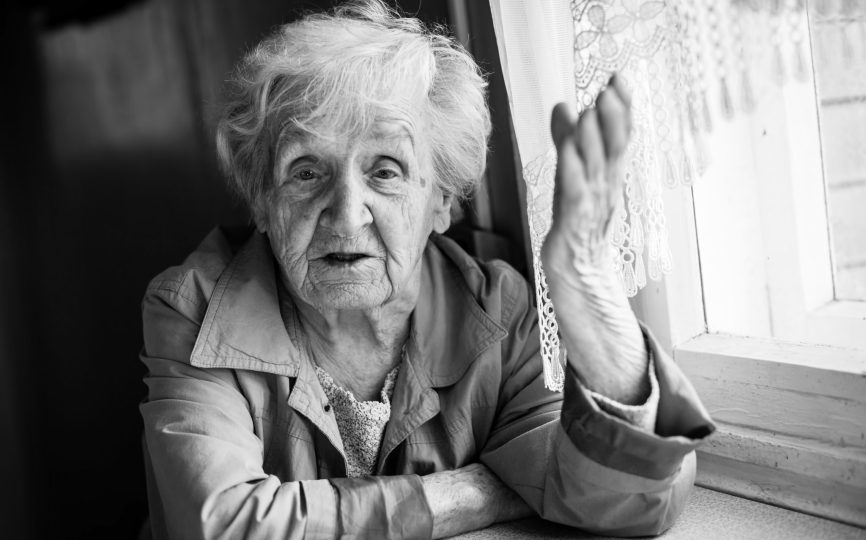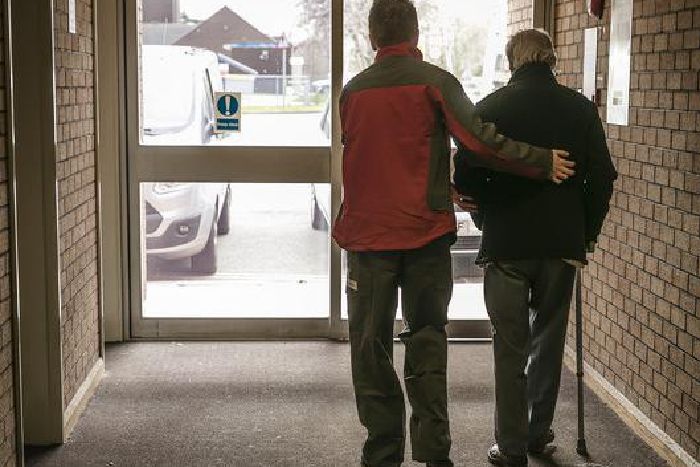Leaving Hospital
Leaving Hospital

Leaving Hospital & Staying Independent
Adult Social Care and the NHS work very closely together to ensure that hospital patients are discharged safely and are able to return to home life as quickly as possible. Social care staff should be available to help with information and advice when you are ready to leave hospital. No matter which hospital you are in, you can request an assessment of your needs to help you stay independent and confident when you return home. The assessment involves asking you about your needs and what is required to help you live safely and independently at home. There will also be an explanation of any charges that may be made. A relative, carer or a member of the hospital staff may also approach the hospital social care team and ask them to carry out an assessment, but this will not go ahead unless you agree. If you already have a social care service in place Adult Social Care will make an assessment of any other needs you may have after your stay in hospital. Carers should be offered an assessment and may also need advice to discuss any issues with them and also give details of carers support groups. Adult Social Care can also introduce you to local voluntary organisations that can help, short-term with a variety of services such as laundry and domestic cleaning or sitting services.
NHS Continuing Care
This is the name given to a package of care which is arranged and funded solely by the NHS. NHS continuing care is for people who have come out of hospital but have ongoing healthcare needs. You can receive the service in any setting, including in your own home or a care home. NHS continuing healthcare is free, unlike services from Adults, Health and Social Care (for which a financial charge may be made depending on your income and savings). Anyone assessed as needing a certain level of care may receive NHS continuing care. It is not dependent on a particular disease, diagnosis or condition, or on who provides the care or where that care is provided. If your overall care requirements show that your primary need is a health need, you should be eligible for NHS continuing healthcare. More information is available from the Specialist Care Team.
Continuing Care
Continuing health and social care is a package of care that involves services and funding from both the NHS and Social Services. Continuing NHS healthcare is provided if you have extensive healthcare needs. This is free of charge. You can ask for an assessment by health and social care professionals if you think you may be eligible for continuing NHS healthcare. They will visit you to identify and prioritise your needs and the assessment will be used to decide what services will be provided, where and who funds them. Regular reviews will be carried out and your care and/or funding arrangements will change to meet your needs. You can pick up a leaflet about continuing care from your GP or hospital.
Short Term Support after leaving Hospital
The NHS and Adult Social Care work together to ensure that everything is right when you return home after treatment. They understand that you want to get home soon and will do everything possible to ensure this happens, providing you are well and safe enough, of course. If you want, you can ask the hospital to assess your needs in order that you can remain independent once you are home. Sometimes they may suggest things that will require charges such as additional help of equipment, but this will all be explained to you.
Find the equipment that makes Independent living easier here:

Reablement

Getting back your Independence after leaving Hospital
The service is free to the elderly who might need some extra support because you are returning home after a period in hospital or residential care, have physical disabilitieReablement is a free service, available for up to six weeks for all elderly after they return home from hospital who need help adjusting to independent life after a period of illness, or the onset of a disability.
If you have lost some of your independence, perhaps due to a recent illness, disability, or following a period in residential care, the reablement service may be able to help you get back up to speed, check with your local social services.s, are older and need support to remain in your own home or want to regain skills and confidence to live independently.
Who can use this service?
The service is free for people and available to the elderly who are at significant risk of losing their safely and independence. This will depend on your individual needs, but generally speaking it is a short-term service lasting up to six weeks.
What kind of support can I get?
For some people it could be help making meals, while others may require help to get out of the house and take part in social activities. Whatever your needs, our qualified staff will work with you to design a service that will work best for you.
What happens at the end of this Service?
Your progress will be assessed by a Care Manager we hope the intensive support you have received will mean you need less support, or even no support, to live independently. Some people may need longer-term support after the service has ended. After your needs are assessed your long-tern support is planned and put into place. This could be an individual budget, homecare provided by one of our partners, or services from our voluntary sector partners.
Every customer has different needs and we have a number of choices available to support you
If you still need help after six weeks, we will help you to plan a package of support that meets your needs, and we will carry out a financial assessment to see if we can make a contribution to the cost of your support.

What is Sheltered Housing ?
This takes the form of adapted accommodation (usually for older people). Sheltered accommodation usually features a personal alarm system so residents can get help should they require it. Residents can normally furnish the accommodation with their own items.